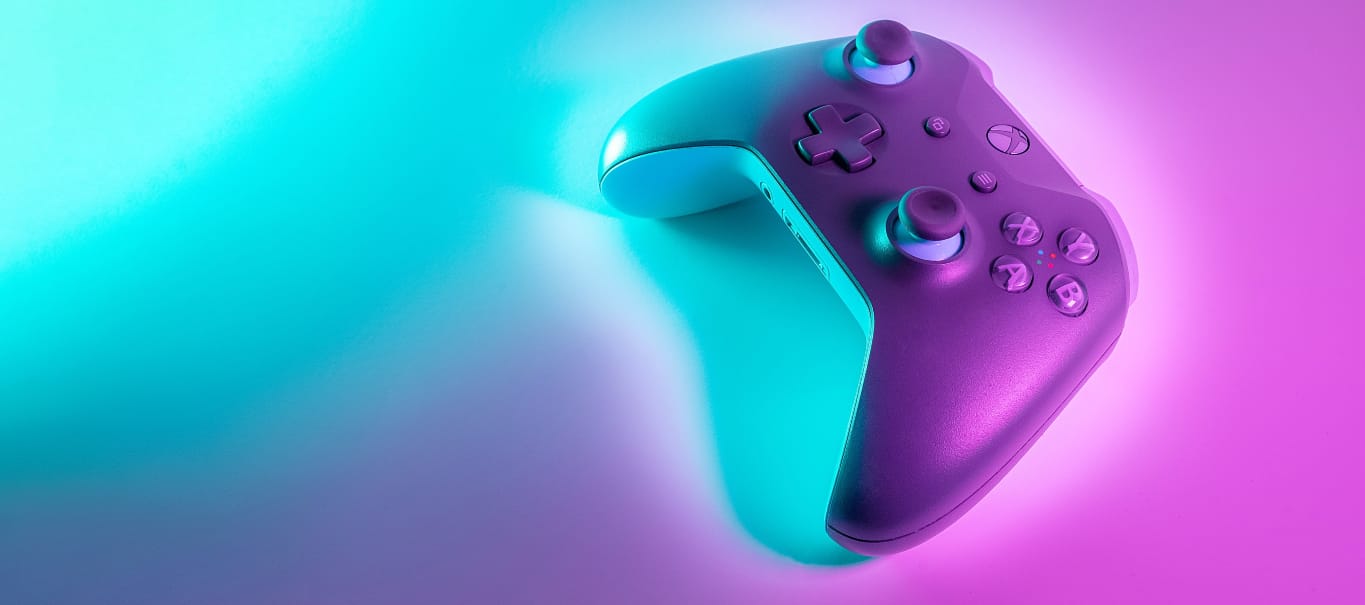What do game designers do?
Game designers take on the creative side of gaming. They come up with concepts and storylines, build a prototype based on these ideas and develop the game’s systems to ensure smooth gameplay.
Although we commonly think of video games when referring to gaming, there are opportunities for game designers across a range of platforms. Virtual and augmented reality, arcade and PC are just a few of the formats that games can come in today.
What are the typical responsibilities of a game designer?
Many junior game designers begin their careers creating games from pre-approved ideas, such as a game based on a movie or television show. As you progress, there will be more opportunities to design a game based on your own storylines, or even from scratch.
Typical responsibilities include: carrying out market research to understand what your audience wants, planning every detail of a new game (i.e characters, storyline, rules), convincing the development team that the game is viable, writing scripts and working on storyboards, and adjusting the game to reflect developments.
What skills do I need to be a successful game designer?
You’ll need excellent technical skills, to transform rough storylines to exciting new games. Knowledge of programming languages such as C# and Python are particular assets. Team working skills are also vital, as you’ll need to collaborate with game developers and programmers.
Confidence and determination is also important, to share your ideas with senior executives and convince them that your idea will succeed. Determination will also come in handy: oftentimes your idea will be rejected, but you’ll need to dust yourself off and keep going.
How do I get work experience within the industry?
Employers will often expect you to have some work experience, even for some entry-level roles. A number of game companies offer internships or placements, which are a great way to learn more about the industry. Or, have you ever heard of a game jam?
Game jams involve groups of avid gamers designing and creating a brand new game, often with just two days to do. Although stressful, it’s a great way to network and develop your skills. Overall, the best experience is to design a game of your own.
How do I become a game designer?
There are a number of ways to become a game designer. You can complete an apprenticeship, allowing you to gain salaried work experience and a fully-funded education. Or, there are a number of diploma programmes available, such as a Level 3 Diploma in Games, Animation and VFX.
There’s also the option to complete a degree. Subjects like computer science, mathematics and STEM subjects, such as physics, are particularly useful, but it’s also possible to enter the field from an unrelated subject.
